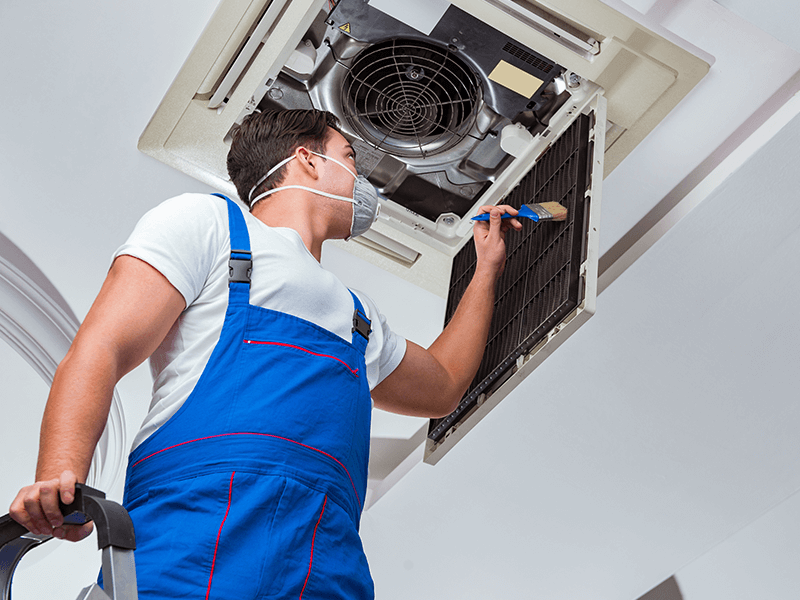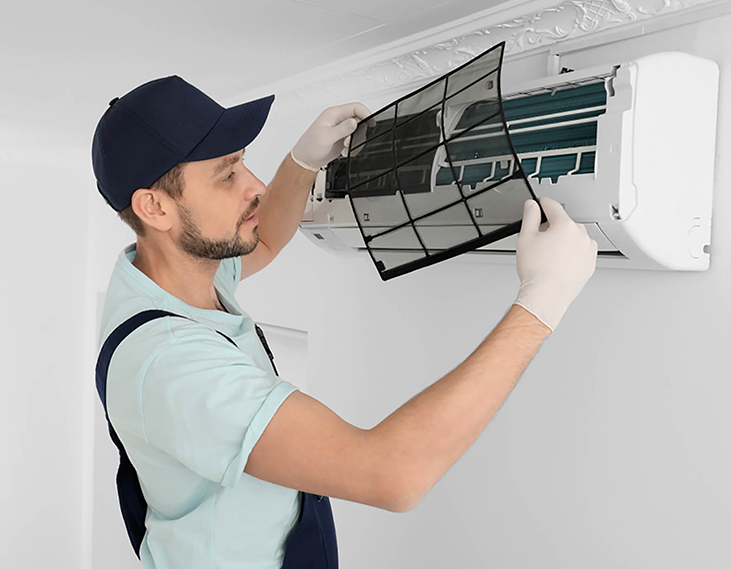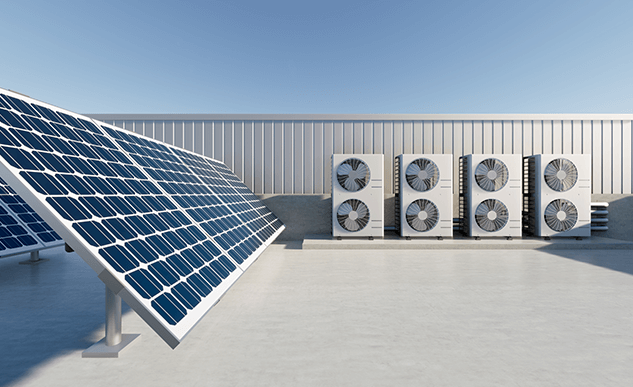You’re ready to relax after a long day. You grab a cold drink, plop onto the sofa, and reach for the AC remote. You press the button, and nothing. No whirr, no breeze, not even a light blink. Your air conditioning has gone on strike.
So what now? Before you panic, or worse, melt into the upholstery, let’s walk through some common reasons why your AC might not be turning on and what you can do about it. This guide is especially handy for those relying on air conditioning systems regularly, and yes, we’ll be sneaking in some must-know tips around air conditioning maintenance London-wide.
Start with the Power: The Foundation of All Things Cool
This may seem painfully obvious, but it’s often overlooked. Before jumping to conclusions about broken parts or refrigerant leaks, ensure that your AC is actually receiving power.
Check the fuse, circuit breaker, and plug or isolator switch. If the circuit breaker has tripped, reset it. If the fuse is blown, replace it. For hardwired units, remember that frequent breaker trips might indicate a deeper electrical issue. This is when it’s best to stop playing detective and call in an expert.
Here’s a simple diagnostic table:
| Symptom | Check | What to Do |
| No lights or sound | Circuit breaker or fuse | Reset or replace |
| Plugged in but unresponsive | Isolator switch or power outlet | Ensure it’s turned on |
Electricity may not be glamorous, but it’s the hero behind every cool breeze. Always start here.
Thermostat Troubles: The Smart Brain
Think of the thermostat as the mission control of your air conditioning unit. If it isn’t functioning properly, the AC won’t receive the signal to turn on. This is especially relevant in modern homes with smart thermostats that can get out of sync due to power outages or software glitches.
Start by checking the settings. Is it set to ‘Cool’? Is the temperature lower than the current room temp? If it uses batteries, swap them out for fresh ones. Older thermostats are prone to miscalibration in this case, a simple recalibration or replacement might do the trick.
A misbehaving thermostat can also lead to bigger problems if it causes your AC to short cycle or overwork. Regular air conditioning maintenance London homeowners opt for often includes a thermostat calibration and for good reason.
The Dirty Secret: Clogged Air Filters
You wouldn’t try to breathe through a woolly sock, right? Well, your AC doesn’t enjoy it either. Dirty filters restrict airflow, leading to overheating and automatic shutoff as a safety mechanism.
Over time, a neglected air filter can snowball into bigger problems, including ice on the coils or damage to the blower motor. If it’s been more than three months since your last filter change, take a peek.
Here’s how:
- Turn off the unit – Always power down before starting any maintenance.
- Remove the filter – Carefully take it out from behind the front panel.
- Wash or replace – Clean with soap and water if reusable, or replace if disposable.
- Let it dry fully – Ensure it’s completely dry before reinstalling to avoid mold or damage.
Keeping your filters clean also improves air quality, energy efficiency, and prevents musty odours. It’s one of the simplest, yet most effective air conditioning maintenance London residents can do on their own.

The Chilling Truth About Refrigerant Leaks
Let’s bust a myth: refrigerant doesn’t get ‘used up’ like fuel. If it’s low, it means there’s a leak. And if it’s leaking, your AC might not even start.
Warning signs include:
Sure! Here’s each point explained in one concise line:
- Weak or warm airflow – May signal low refrigerant, reducing cooling efficiency.
- Ice on the coils or refrigerant lines – Often caused by restricted airflow or a refrigerant leak.
- Bubbling or hissing sounds – Typically indicate refrigerant escaping through a leak.
Operating your unit with low refrigerant can severely damage the compressor, an expensive repair you definitely want to avoid.
This is not a DIY fix. Handling refrigerants requires proper licensing and knowledge. Schedule a professional service, especially one offering comprehensive air conditioning homeowners trust.
According to Building Engineering Services Association (BESA), over 65% of air conditioning call-outs during peak seasons involve refrigerant-related issues. You don’t want to be part of that statistic.
Disclaimer: Statistics based on industry reports; actual figures may vary.
Compressor and Capacitor: The Power Couple Behind the Cool
These two components are like the heart and starter motor of your AC. If either is failing, the unit may hum, click, or simply not power on at all.
Symptoms of failure:
Here’s each point explained in one concise line:
- Clicking noise when attempting to start – Could indicate a faulty capacitor struggling to power the compressor.
- Humming without fan rotation – Often a sign the motor is receiving power but not functioning properly.
- Frequent circuit breaker trips – May point to electrical overloads or failing components like the compressor.
Unlike filter cleaning, this is deep technical territory. Faulty capacitors and compressors should be left to trained HVAC professionals. Attempting DIY repairs here isn’t just risky, it can void your warranty or make the problem worse.
Investing in regular checks is smart, not just for peace of mind but to prevent these costlier issues. This is where scheduled air conditioning London services really shine.

Preventative Maintenance: The Coolest Decision You Can Make
Want to avoid this kind of AC drama in the future? Let’s talk about prevention. It’s the most underrated and underused part of owning an air conditioner.
What You Can Do:
- Replace filters every 1–3 months – Keeps airflow clean and system efficient.
- Keep vents and outdoor units clear – Prevents blockages and overheating.
- Install a programmable thermostat – Improves comfort and energy savings.
- Pay attention to strange sounds or odours – Early signs something may be wrong.
What a Pro Will Do:
- Check refrigerant levels – Ensures optimal cooling and detects leaks.
- Test capacitor and compressor function – Confirms key components are working properly.
- Clean coils and internal parts – Boosts efficiency and prevents breakdowns.
- Ensure the system is running at peak efficiency – Identifies issues before they become costly repairs.
Conclusion: Stay Cool, Stay Smart
If your AC isn’t working, check these five areas: from simple issues like a tripped breaker to more serious problems like refrigerant leaks. Ignoring warning signs can lead to bigger issues. While some fixes are easy, others need professional expertise. Regular air conditioning maintenance is key to avoiding these disruptions and saving on costly repairs in the long run. Keeping filters clean and monitoring refrigerant levels ensures your system runs efficiently. If you’re facing persistent problems, reach out to trusted air conditioning experts. At Hamilton Air Conditioning Ltd, we’re dedicated to keeping your home cool and comfortable all year round.








